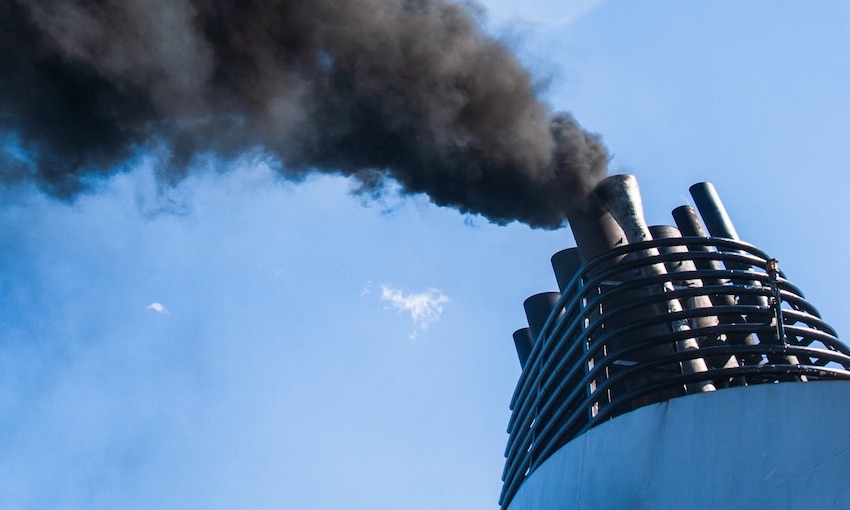A MEMORANDUM of understanding signed at an International Maritime Organization working group aims to help developing countries reduce emissions from ships and ports.
The IMO, Maritime and Port Authority of Singapore and the Ministry of Climate and Environment of Norway entered the agreement at the 14th Intersessional Working Group on the Reduction of GHG Emissions from Ships (ISWG-GHG 14) this month.
The three signatories plan to exchange experience, knowledge and best practice, and also mobilise resources to reduce emissions.
They are to work within the frameworks of the NextGEN Connect initiative and the GreenVoyage2050 project.
NextGEN Connect focuses on maritime decarbonisation trials along shipping routes, and GreenVoyage2050 aims to support the decarbonisation efforts of developing countries.
“IMO is pleased to combine the capabilities of the IMO-Norway GreenVoyage2050 project and the IMO-Singapore NextGEN Connect initiative to collectively implement green shipping activities,” Mr Lim said.
He highlighted the activities designed to support development of low and zero-carbon fuels and related bunkering infrastructure.
MPA chief executive Teo Eng Dih said the port authority is pleased to collaborate with the IMO and Norwegian Ministry of Climate and Environment.
“This MoU is an important partnership that brings together our projects with the mutual goal to test solutions along shipping routes,” he said.
“This will help reduce greenhouse gas emissions from shipping in an inclusive manner and with the support of like-minded states, aggregate demand along the supply chain.”
A statement from the International Chamber of Shipping issued at the conclusion of ISWG-GHG 14 suggests ICS was not satisfied with progress made at the event.
“We are disappointed by the lack of progress on setting new levels of ambition for GHG reductions to provide shipping with a clear net zero target for 2050,” ICS secretary general Guy Platten said.
“But we remain optimistic that a deal can still be stuck at the crucial MEPC meeting in July.”
MEPC 80 – the next meeting of the IMO’s Marine Environment Protection Committee – is expected to adopt the revised IMO Strategy for Reduction of GHG Emissions from Ships.
“More positively, governments are increasingly understanding the value of the ICS Fund and Reward proposal to accelerate the production and uptake of low and zero-carbon fuels,” Mr Platten said.





